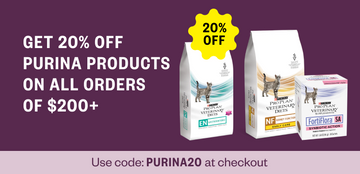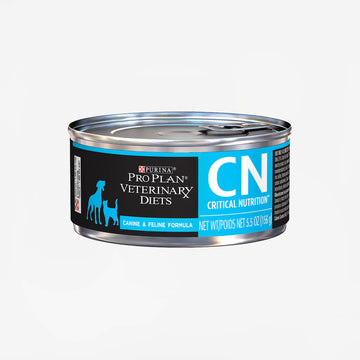Filter by
Cat Food & Nutritional Supplements
From playful kittens to adults and seniors, we offer a range of cat food and supplements to meet every dietary need. Explore our selection of cat food today for a happier, healthier pet.
-
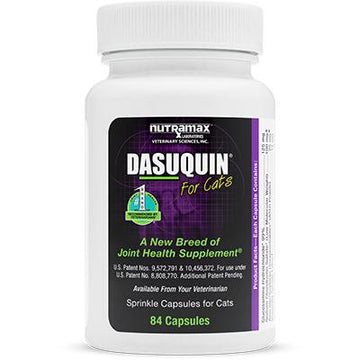
Dasuquin Sprinkle Capsules for Cats
$26.09 / unit
From $26.09 AUTOSHIP
30% off first Autoship order -
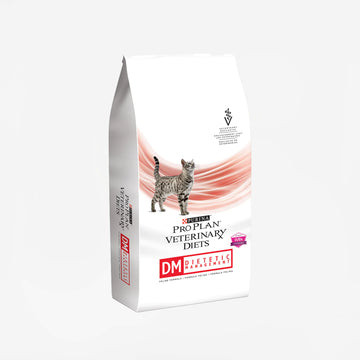
Purina Pro Plan Veterinary Diets DM Dietetic Management, Feline Formula
$35.99 / unit
From $25.19 AUTOSHIP
30% off first Autoship orderMultiple options available
-
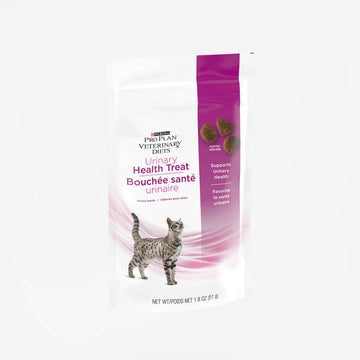
Purina Pro Plan Veterinary Diets Urinary Health Cat Treats
$69.90 / unit
From $48.93 AUTOSHIP
30% off first Autoship order -

Purina Pro Plan Veterinary Diets DH Dental Health, Feline Formula
$50.99 / unit
From $35.69 AUTOSHIP
30% off first Autoship order -

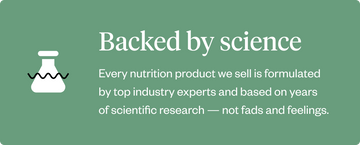
-
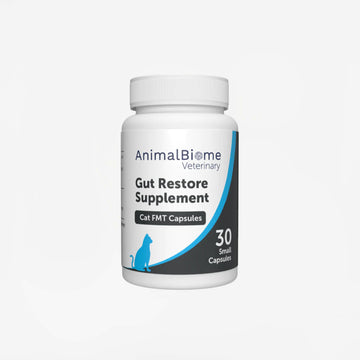
AnimalBiome FMT Gut Restore Capsules For Cats
$110.83 / unit
From $77.58 AUTOSHIP
30% off first Autoship orderMultiple options available
-
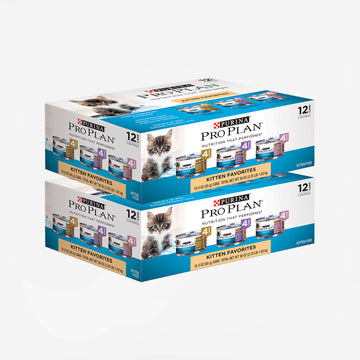
Purina Pro Plan Focus Kitten Favorites Variety Pack Cat Food
$39.89 / unit
From $27.92 AUTOSHIP
30% off first Autoship order -
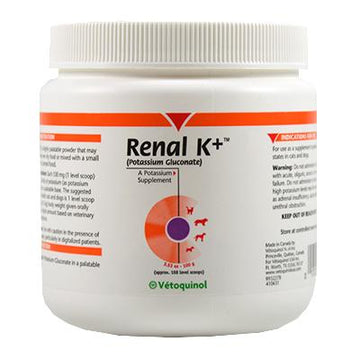
Renal K+ Powder for Cats & Dogs
$26.49 / unit
From $26.49 AUTOSHIP
30% off first Autoship order -
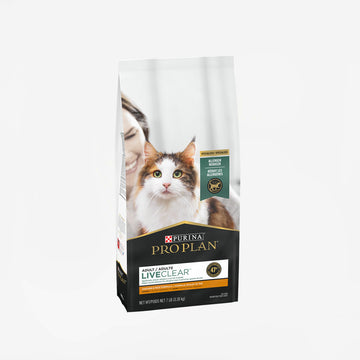
Purina Pro Plan LiveClear Adult Chicken & Rice Formula Cat Food
$42.79 / unit
From $29.95 AUTOSHIP
30% off first Autoship orderMultiple options available
-


-

Flexadin Advanced Extra Strength Chews
$41.36 / unit
From $41.36 AUTOSHIP
30% off first Autoship orderMultiple options available
-
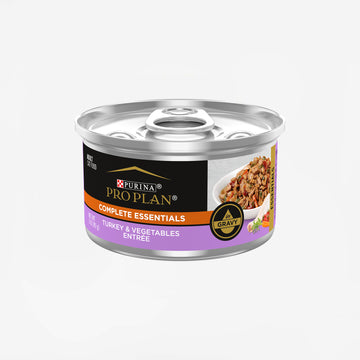
Purina Pro Plan Complete Essentials Adult Turkey & Vegetables Entrée in Gravy Cat Food
$35.54 / unit
From $24.88 AUTOSHIP
30% off first Autoship order -
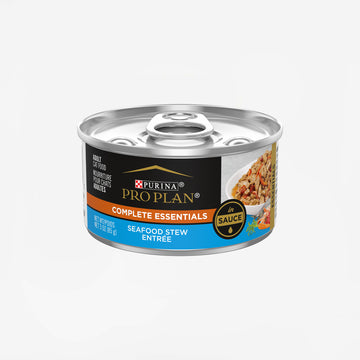
Purina Pro Plan Complete Essentials Adult Seafood Stew Entrée in Sauce Cat Food
$35.99 / unit
From $25.19 AUTOSHIP
30% off first Autoship order -
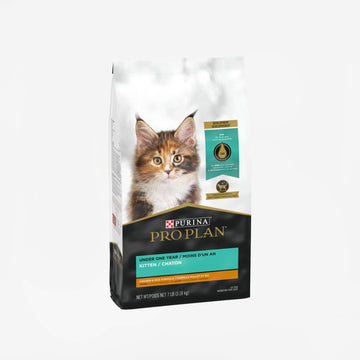
Purina Pro Plan Kitten Chicken & Rice Cat Food
$16.88 / unit
From $11.82 AUTOSHIP
30% off first Autoship orderMultiple options available
-

Acana Highest Protein Grasslands Dry Cat Food
$52.99 / unit
From $37.09 AUTOSHIP
30% off first Autoship order -
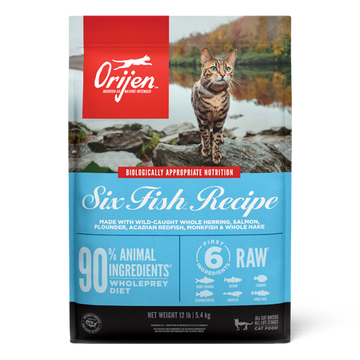
Orijen Six Fish Dry Cat Food
$76.99 / unit
From $53.89 AUTOSHIP
30% off first Autoship order -
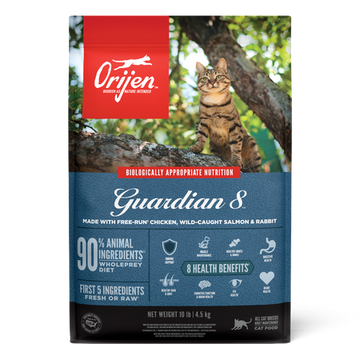
Orijen Guardian8 Dry Cat Food
$69.29 / unit
From $48.50 AUTOSHIP
30% off first Autoship order -
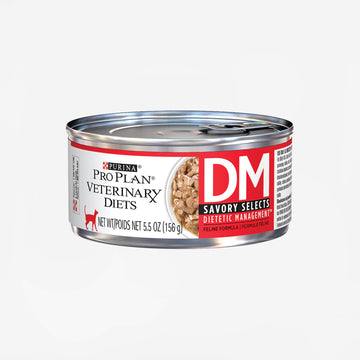
Purina Pro Plan Veterinary Diets DM Dietetic Management, Savory Selects, Feline Formula
$72.99 / unit
From $51.09 AUTOSHIP
30% off first Autoship order -

Duralactin Feline Capsules
$18.73 / unit
From $18.73 AUTOSHIP
30% off first Autoship order -
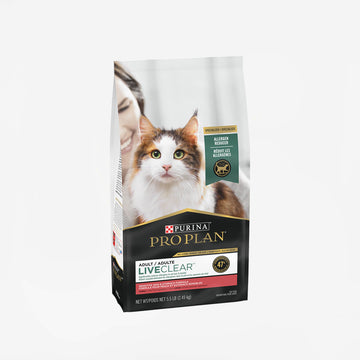
Purina Pro Plan LiveClear Adult Sensitive Skin & Stomach Turkey and Oatmeal Formula
$39.58 / unit
From $27.71 AUTOSHIP
30% off first Autoship order -

Purina Pro Plan Complete Essentials Adult Tuna Entrée in Sauce
$35.54 / unit
From $24.88 AUTOSHIP
30% off first Autoship order -
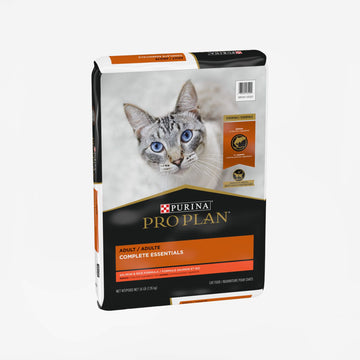
Purina Pro Plan Complete Essentials Adult Salmon & Rice
$27.08 / unit
From $18.96 AUTOSHIP
30% off first Autoship orderMultiple options available
Frequently Asked Questions
What cat food brands do you carry?
What cat food brands do you carry?
We carry a wide selection of the best cat food for nutrition from top brands such as Purina, Hills, and Blue Buffalo. Each brand offers a variety of formulas tailored to meet different nutritional needs to ensure you can find the best option for your cat.
What are the nutritional requirements for cats?
What are the nutritional requirements for cats?
Cats have special dietary requirements. As obligate carnivores, they thrive on protein-rich diets, like meat and fish. They need moderate fat for energy and minimal carbohydrates.
However, every cat is different, so their nutritional requirements vary. Some cats may need special diets for weight management to help them lose or maintain weight. Your vet can help you determine which diet is right for your cat based on their needs.
What's the difference between wet and dry cat food?
What's the difference between wet and dry cat food?
The right nutrition for cats is important, and the type of food you choose matters. Wet cat food has more moisture, which helps keep your cat hydrated. It's often richer in proteins and lower in carbohydrates.
On the other hand, dry cat food is convenient to store and offers unique benefits, such as dental health support. Both options can be a part of a balanced diet, but you should always consider your cat's specific needs and preferences.
Want to learn more about your cat’s dietary and nutritional needs? Schedule an appointment with a Dutch vet today!
What's the best diet for my cat?
What's the best diet for my cat?
The best cat food depends on your individual cat and their overall health and needs. For example, some cats need dietetic or weight management foods while others require dental health support. We offer a variety of specialized diets for cats, including:
- Dental Health: Dental health cat food minimizes plaque and tartar buildup for improved oral hygiene.
- Weight Management: Weight management cat food is specially formulated to help cats lose or maintain weight by controlling calorie and fat levels while providing essential nutrients for overall health.
- Senior, Adult, and Kitten Diets: Senior, Adult, and Kitten diets are carefully crafted to meet the nutritional needs of cats at different life stages, supporting their growth, vitality, and well-being.
- Hairball Control: Hairball control cat food includes added fiber to reduce hairball formation and promote digestive health and comfort for your cat.
- Urinary Health: Urinary health formulas are designed to support urinary tract health. It offers a balanced formula to maintain optimal pH levels and reduce the risk of crystals or stones.
- Sensitive Stomach: Cat food for sensitive stomachs is gentle and easily digestible to soothe digestive sensitivities and promote gastrointestinal health.
Diabetic: The diabetic cat diet is specifically formulated to support cats with diabetes, featuring a balanced blend of protein and low carbohydrates to help manage blood sugar levels.
What should I feed my overweight cat?
What should I feed my overweight cat?
If your cat is overweight, they should still be fed a balanced diet to help them shed those extra pounds. Opt for cat food labeled specifically for weight management or obesity. These foods often have fewer calories and lower fat content while providing necessary nutrients.
Additionally, make sure to measure out portions carefully and avoid free-feeding to control calorie intake. Increasing your cat's activity level with interactive toys or playtime can also help them lose weight.
Consult your vet for personalized diet and nutrition advice.
How much should I feed my cat?
How much should I feed my cat?
How much to feed your cat depends on its weight, age, activity level, and any health concerns. Generally, adult cats need about 24 to 35 calories per pound of body weight. The feeding guide on your cat food package provides specific recommendations based on your cat's weight.
Are supplements a nutritional requirement for cats?
Are supplements a nutritional requirement for cats?
Supplements are not a nutritional requirement for cats. They should get all the nutrients they need from their regular cat food. However, cat supplements can be beneficial in certain situations to address specific health issues or support overall wellness. For instance, you might give your cat a probiotic to support gut health or calming chews to potentially reduce anxiety in stressful situations.

